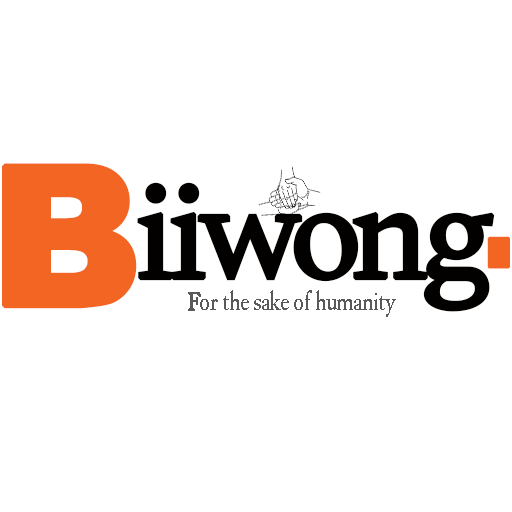Water shortage has become a night mare for the indigenes of the community of KUVLIU. The available water sources can’t meet up to the increase population, most especially during the dry seasons. The water sources are old and the water supplies not stable. Climate change and human activities have contributed enormously to the low water supply. Water sources have tremendously dried up. There is need to develop upon the newly identified water sources in order to maintain continuous water supply in the short and long-term.
Owing to this shortage, most families have resorted to fetch water from springs and other water sources. These sources have been confirmed to be humanly unsafe.
The health centers register every year recurrent health situations stemming from the lack of good water. It is obvious that every community and/or family is in need of water. The hygienic and health conditions of the families are sustained by the presence of good water.
From the baseline statistics had from the KUVLIU health area, a total of health hazards registered from children within the ages of 7 – 19 years, stems from typhoid and dysentery, human intestinal parasites (worms) etc. In a year, a total of 21 cases of dysentery are registered, 18 cases of typhoid fever and 92 cases of worms are experienced within the pupils and students.
About 3/4 of school-age going children are infected with round worm, whipworm and hookworm around the KUVLIU health area. These parasites consume nutrients from children thus retarding their physical development. This as well slows cognitive development in the children and thus impairing learning.
Assessment carried out during implementation showed a cross section of children affected by poor water sourcing in KUVLIU community within the period of October – December 2019:
E histolytica = 65/ A lumbricoides = 33/ G lamblia = 16/ E vermicularis = 21/ Teania Species =10/ S stercoralis = 7
The project activities undertaken have minimized the current health problems faced in the community as a result of lack of good water.
Outcome assessment
- The KUVLIU village, South West Region, Cameroon, is guaranteed constant water supply. The health hazards often encountered is increasingly minimized through the provision of constant and safe water.
- A comparative health statistics shows improved records showing a variance in water borne disease reduction. 70% of children in this community boost of improved health records.
The 2km distances sustained by many children in search of good water, is minimized

